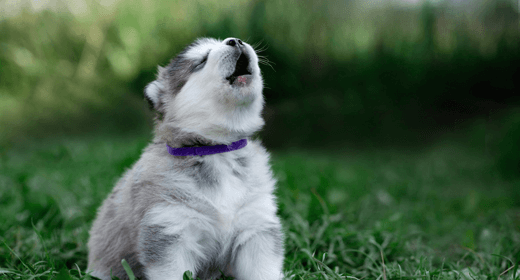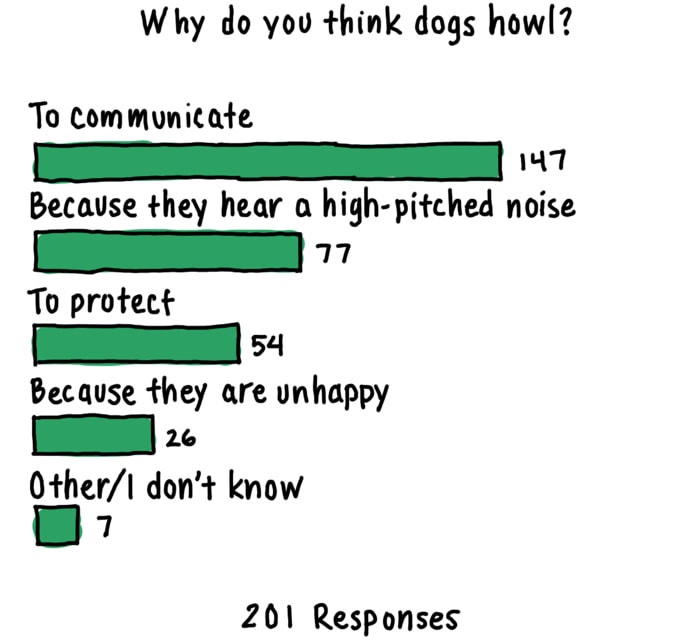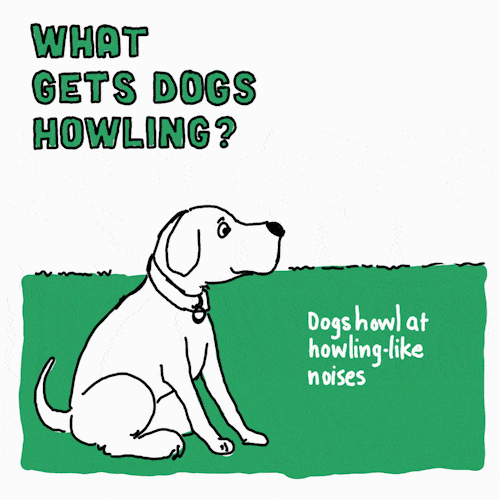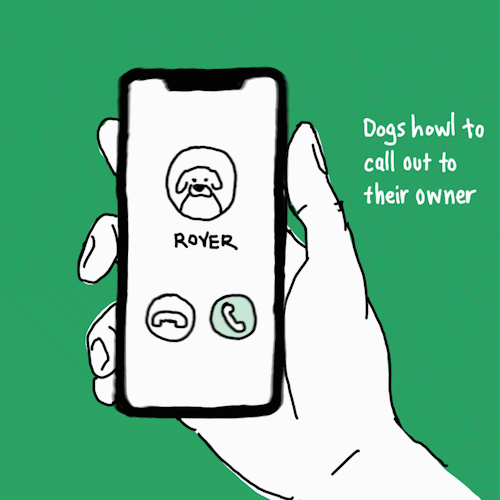

Dogs need a well-balanced meal for their adequate growth and development. Different breeds and sizes of dogs require a different amount of nutrients. Puppies are at their growing stage, and hence they require more energy for overall development. Nutrients like fat, protein, carbohydrates, vitamins, minerals, and water help the puppy nourish into a healthy dog. Choosing a puppy food is a crucial decision to make as the type of puppy food you choose directly affects your fur baby’s development in the initial years.
IAMS™ is one of the leading puppy food brands that is known for offering food packed with energy and nutrients to support a puppy’s growing age.
Pet parents often face the dilemma of how to choose puppy food for their fur baby. Puppies often need twice the amount of nutrients compared to an adult dog. While choosing a puppy food, you must look for meal options that are highly digestive and nutrient dense. The food should be packed with vitamins, proteins, fat, and carbohydrates for your puppy’s healthy growth. Some benefits of selecting the right puppy food are:
While home food can be nutritious, it can sometimes not be sufficient for a puppy’s growing body. Hence, pet parents need to depend on formulated puppy food that is packed with the goodness of protein and other essential nutrients to support their fur baby’s growth and development stage. However, how to choose the right puppy food brand amongst so many available options? Read the following to know more.
Moreover, you must also consider your puppy’s breed, size, and weight when confused about how to choose food for the puppy. Smaller breeds of dogs mature faster than larger breeds, this means your puppy’s breed decides how much nutrients it will need for how long. While most puppies can start consuming solid food once they turn 4-weeks old, their transition from puppy food to adult dog food varies depending on their breed, size, and weight. Please consult a vegetarian doctor if you are unsure about your pet’s breed and the amount of nutrients required for its adequate growth.
Different breeds of dogs require a different amount of nutrition for their proper growth and development. Feeding the puppy as per its breed’s requirement ensures that it gets the right amount of nutrients for its physical and psychological growth. Hence, to help you choose the best for your fur baby, we have curated some insights on how much nutrition is required for which breed size.
The physical growth and development of a puppy are at stake during its initial years. Therefore, choosing a diet that meets all its nutritional requirements and provides appropriate nourishment is essential. Caregivers should be mindful of their puppy’s allergies, breed size, and age before selecting a puppy food brand. IAMS offers a wide range of puppy food varieties for different breed sizes based on their nutritional requirements. However, you should consult a vet if you are unsure about your puppy’s nutritional needs and breed.
At IAMS™, we focus on preparing highest-quality food for dogs of all ages and breeds. Our puppy food – IAMS™ Proactive Health™ Starter Mother and Baby Dog – is the ideal pick for your little pooch’s optimal growth and development. Along with being loaded with proteins, vitamins, and minerals, it also contains DHA and colostrum. While DHA ensures healthy cognition for better trainability, colostrum provides essential nutrients that’s only found in the mother dog’s milk. Enriched with best-quality proteins, fiber, and FOS natural prebiotics, IAMS™ Proactive Health™ Starter Mother and Baby Dog ensures healthy muscles as well as digestive system.
Puppies ideally prefer animal-based meals. You can select the best food formula by choosing a puppy food brand that caters to your puppy’s breed size as different breed sizes require a different amount of nutrients for overall development and healthy growth.
Yes, puppies need more energy compared to adult dogs. Hence, they do require special food that can offer twice the amount of nutrients in smaller quantities. Besides, puppies also need to be fed more frequently to support the nutritional requirements for growth and development.
This is subjective to the puppy’s nutritional requirements and allergies. Most puppies rely on animal-based food for their nutritional needs. Nutrient-packed formulas offered by puppy food brands like IAMS are also suggested for providing a well-balanced and nourishing food to your puppy.


Every pet parent wants to know the meaning of dog howling. Now, we all know what howling sounds like - it’s a high-pitched sound that sounds like a doleful cry. However, many of us are still quite unaware of why do dogs howl. Well, here’s a fun fact: howling for dogs is genetic inheritance. It’s no news that dogs are closely related to wolves. Despite the difference in their sizes, wolves and dogs share around 99% DNA. However, heredity is not the only reason why dogs howl. So, what does it mean when a dog howls, and how can you handle your howling dog? You will find answers to such questions in this article.
To handle a howling dog, you first need to understand the reason why your pet is making this long, wailing noise. Here’s a look at some probable causes of dog howling.
Dogs feel stimulated by high-pitched sounds. Howling is their way of responding to fireworks, sirens, bells, and other noises. This type of howling starts as soon as they hear the shrill sound. As a pet owner, you don’t have to worry about this type of howling since it usually stops when the trigger sound does.
If a dog is excessively attached to you, they might experience separation anxiety. So, once your little companion learns that you won’t be around for a few days, they might start howling under stress and anxiety. If your dog howls every time you need to leave for a long period, it is a sign of hyper-attachment. You might have to treat their anxiety to manage this type of howling. And no, scolding them is not the right way of doing it.
A howling dog could also be seeking attention. And this type of dog howling can be bothersome. You might feel like scolding, questioning, or holding your furball, but you must do the exact opposite of it. Avoid giving your pet any type of attention. Don’t pamper or scold them.
Dogs can sense bad weather, earthquakes, diseases, and so much more. Hence, you cannot rule out the fact that a howling dog could also be trying to alert you of something. Maybe they feel a situation is not right for you or could cause you potential harm. Dogs can sense the intentions of a person through their facial expressions. That’s exactly why dogs howl at some people who try to get near you or your house.
Dogs are still very social animals; it’s just that now we are their pack. When they miss us, they will howl in hopes we respond. Dr. James Serpell, BSc, Ph.D., Professor of Humane Ethics & Animal Welfare at the University of Pennsylvania School of Veterinary Medicine, explains it this way: That [howling] is an attempt on the part of the dog to ask the owner, ‘Where are you so that I can rejoin you?’
Dr. James Serpell doesn’t believe so. “My own research has shown that it is common across breeds. People think huskies may be more prone to group howling.”
Dogs going through separation anxiety may howl excessively when left home alone. Dr. Jo Gale, BVetMed CertLAS MRCVS, Senior Manager for Global Science Advocacy at Waltham Petcare Science Institute, says, “If you reinforce quiet behavior, they are less likely to continue howling.” You can do this by quieting your dog and then leaving for a very brief time before returning and rewarding them when they stay quiet. Gradually increase the time you’re gone to reassure them you’ll always be back.
But what if your pawsome pet is howling due to other reasons? Let’s understand how to handle such situations:
As a pet parent, you must avoid reacting to the howling. This could encourage your dog to howl even more. If you avoid reacting, your dog will understand that howling won’t get their demands met. This might possibly work towards reducing this behavior in the future.
Pamper your little companion when they do not howl on hearing a siren or bell. Give them attention and love when they are calm to encourage quiet behavior. Always keep your pet’s favorite treats ready so you can let them know they have been a good boy or good girl by not howling.
If your pooch often reacts to high-pitched sounds, you can even get in touch with a dog trainer. They can work with your dog to change their response to triggering sounds like sirens and fireworks.
Note: Training your fur baby is a time-consuming process. Hence, stay consistent with the actions recommended above and your pet will learn to control their howling triggers.


